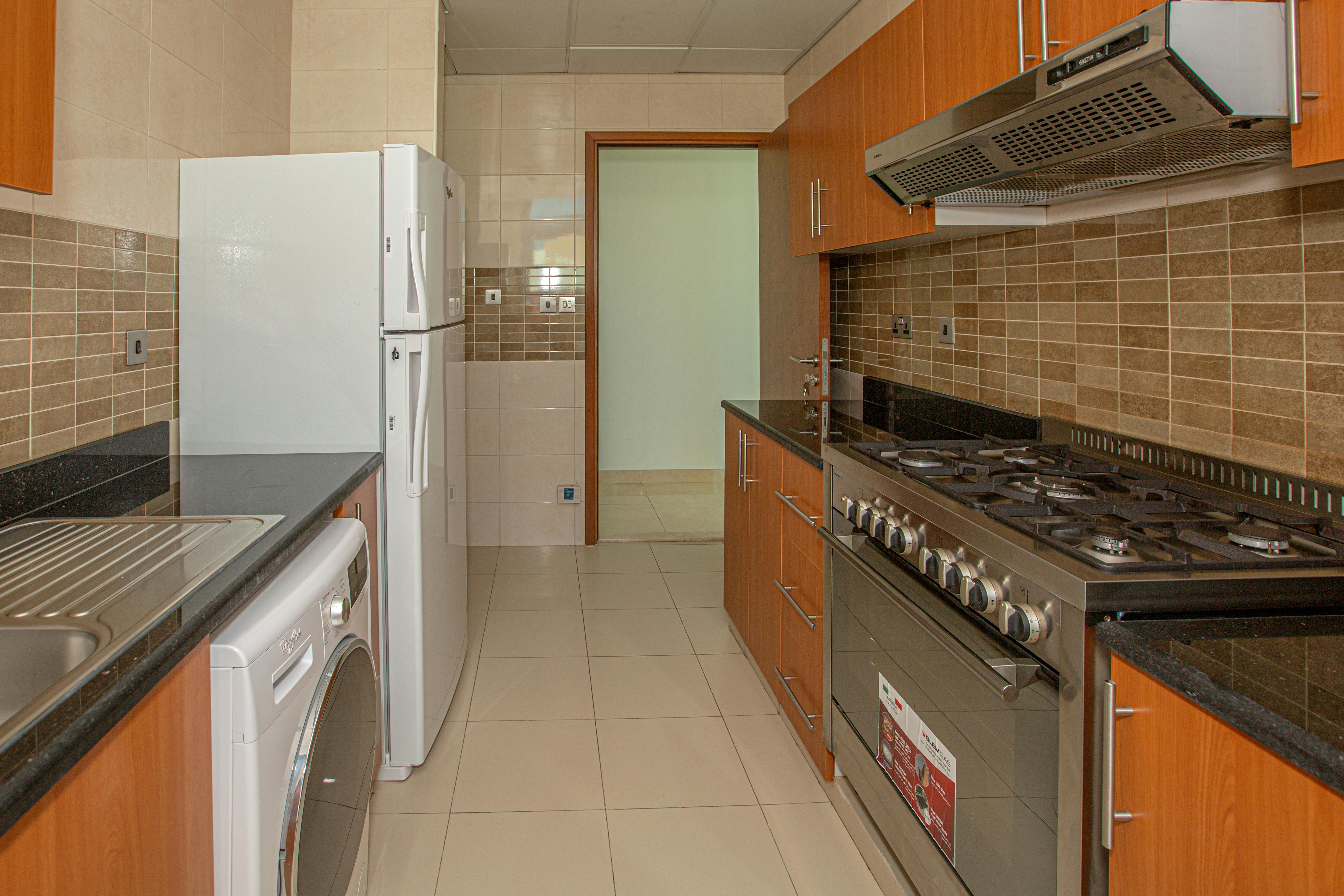Investing in real estate is more complex than just buying and selling houses. To help new real estate investors decide which strategy might work for them, I’ve put together 5 solid strategies. You decide which strategy you feel most comfortable with.
1.Buy and hold
This real estate investment strategy is commonly known as rental properties. Becoming a homeowner is easier than you think. You buy a property, advertise it as “for rent” and sign a contract with your new tenant. That’s where the love story ends. You need to know a lot about your duties and your rights as a landlord or you will find yourself in trouble.
Selecting your potential tenants is your first line of defense. Protecting your property from damage is your first duty. Could paint a bit of a dark picture of being a homeowner. But dealing with tenants can be the most frustrating job you’ve ever had. Do yourself a favor and visit a bookstore or library and get as many books on real estate as you can. Armed with this knowledge, you’ll be able to create positive cash flow and a long-term relationship with your tenants every time you put up a For Rent sign on your lawn.
With the buy and hold strategy, you basically have 3 streams of income at once.
amortization; while paying your mortgage you also reduce the amount you owe.
Appreciation; while you own the property it increases in value.
Tax incentives; As a lessor you will be able to deduct your investment cost over several years. (Consult your tax advisor for professional advice.)
Based on this information, you can easily see that even if your rent doesn’t cover 100% of your mortgage payment, you’ll still be able to create positive cash flow.
2. Flip
This is the art of “buying” and “selling” real estate investments without taking ownership. In an inverted situation, real estate contracts are assigned and the person who assigns the contract to another person usually receives a commission for their services. This is how you can make money with real estate with no credit check or no money down. Because you never take possession of the property, you don’t need to apply for a mortgage.
You only need 2 things to be able to flip a house. First, you need to find an attractive property that will sell very quickly. Second, you have to find a buyer in a very short period of time. Typically 2-3 weeks. Then, you simply pass the contract on to the new buyer and you will collect your commission in the so-called “double closing”.
This sounds complicated at first, but with a little practice you will be able to generate a good income from this. By the way, this is the preferred concept of most of the real estate “gurus” who appear on the late-night infomercials.
3.Rehabilitations
Rehabs are the riskiest form of real estate investment. You’re looking for a cheap, run-down property and hope your preliminary remodel cost estimates leave enough room for a handsome profit. Well, that’s the theory. Most real estate investors are failing with this type of strategy.
Either you didn’t get the property cheap enough to turn a profit or the damages are higher than estimated, which will offset the cheap purchase price. To make matters worse. If during the rehab phase of typically 3-4 months the market goes down, all bets are off. Trust me, I’ve had my share of experiences with this and told myself, never again.
4. Investment in Commercial Real Estate
What is the first thing that comes to mind when you think of a commercial real estate investment? Large factory complexes, shopping malls, or perhaps huge office buildings. Well my answer is much simpler. Anything larger than a 4 unit apartment building, some call it a fourplex, is considered commercial. The great thing about commercial real estate is that the value of the property is determined by the rental income it generates and not by how crazy people are going with residential real estate deals.
In theory, there is no such thing as a seller’s or buyer’s market for commercial real estate. I wrote a whole article on the pros and cons of commercial real estate. So I’ll be brief. I personally love commercial real estate. Of course, commercial real estate is more or less out of reach for beginners, because commercial real estate lenders want to see some type of prior real estate investing experience. However, if you have some experience, go for it. As a bonus; the competition is much less.
5.New Construction
This is the cheapest and easiest way to invest in real estate. Getting into the earliest possible phase of a new development is a surefire way to make money. Keep an eye on the market and you may be able to sell your new home before construction is complete. Builders don’t like this, so they limit the number of homes an individual can buy. Even so, keep a house or two constantly under construction and you’ll make a nice profit. Of course, this only works in a seller’s marketplace. Stay away from this strategy in a buyer’s market or when you see big changes in the local real estate market.
Sincerely,
Pedro Dobler
c) 2005



